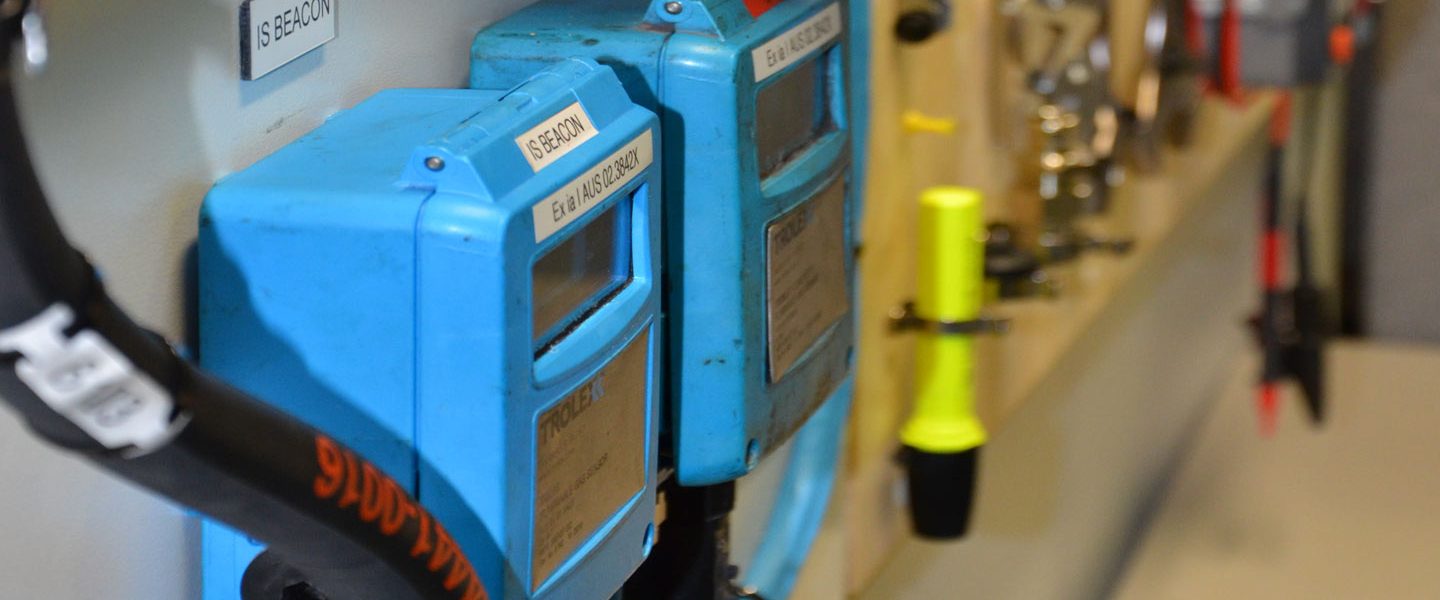The Definitive Guide to Roar Solutions
The Definitive Guide to Roar Solutions
Blog Article
Little Known Questions About Roar Solutions.
Table of ContentsThe Ultimate Guide To Roar SolutionsThe 10-Minute Rule for Roar SolutionsNot known Incorrect Statements About Roar Solutions
In order to safeguard installations from a potential explosion a technique of evaluating and classifying a possibly hazardous location is needed. The function of this is to ensure the correct choice and setup of tools to inevitably avoid a surge and to make sure safety of life.
(https://letterboxd.com/roarsolutions/)
No devices needs to be set up where the surface area temperature level of the tools is higher than the ignition temperature of the provided hazard. Below are some usual dust unsafe and their minimal ignition temperature. Coal Dust 380C 225C Polythene 420C (melts) Methyl Cellulose 420C 320C Starch 460C 435C Flour 490C 340C Sugar 490C 460C Grain Dirt 510C 300C Phenolic Material 530C > 450C Aluminium 590C > 450C PVC 700C > 450C Residue 810C 570C The probability of the danger being present in a concentration high adequate to trigger an ignition will vary from location to place.
Harmful area electric devices maybe developed for use in greater ambient temperature levels. Field Repair Service By Authorised Worker: Complicated screening might not be called for however certain treatments might require to be followed in order for the devices to keep its 3rd event ranking. Each piece of tools with a hazardous ranking must be evaluated independently.
Getting The Roar Solutions To Work
The tools register is a thorough data source of tools records that includes a minimum set of areas to recognize each thing's area, technological specifications, Ex-spouse classification, age, and environmental data. The ratio of Comprehensive to Close inspections will certainly be determined by the Devices Threat, which is evaluated based on ignition risk (the probability of a resource of ignition versus the possibility of a flammable atmosphere )and the hazardous area category
( Zone 0, 1, or 2). Executing a durable Risk-Based Inspection( RBI )approach is crucial for guaranteeing conformity and safety in taking care of Electric Equipment in Hazardous Areas( EEHA).
The smart Trick of Roar Solutions That Nobody is Talking About

In regards to explosive risk, a hazardous location is an environment in which an eruptive environment exists (or might be expected to be existing) in quantities that call for unique preventative measures for the building, setup and use devices. Roar Training Solutions. In this write-up we discover the difficulties dealt with in the workplace, the danger control measures, and the required competencies to function safely
It is an effect of modern-day life that we produce, store or take care of a variety of gases or fluids that are regarded flammable, and a range of dusts that are considered flammable. These materials can, in certain conditions, create eruptive environments and these can have major and tragic repercussions. A lot of us are familiar with the fire triangle get rid of any type site here of one of the three elements and the fire can not occur, but what does this mean in the context of harmful locations? When damaging this down into its simplest terms it is basically: a combination of a particular amount of launch or leakage of a specific substance or material, blending with ambient oxygen, and the visibility of a resource of ignition.
In many instances, we can do little about the degrees of oxygen airborne, however we can have substantial impact on resources of ignition, for instance electrical devices. Hazardous areas are recorded on the unsafe location classification illustration and are determined on-site by the triangular "EX LOVER" indication. Here, amongst other essential info, zones are divided into three types depending on the danger, the possibility and duration that an explosive ambience will certainly exist; Area 0 or 20 is deemed one of the most unsafe and Zone 2 or 22 is deemed the least.
Report this page